By choosing to follow an aggressive policy of imperialist nationalism, Putin and his government inadvertently bolstered a serious domestic crisis that threatens the very existence of their regime.
In the immediate aftermath of the Orange Revolution in Ukraine in 2005, an array of new institutions, organizations, and concepts were introduced in Russia in an attempt to prevent similar events taking place at home. These innovations included various patriotic youth organizations such as “Nashi” (“Ours”), the Young Guard of United Russia, the Eurasian Youth Union, “Molodaia Rossiia”, “Mestnye” (“Locals”) and new state TV stations such as the English-language “Russia Today,” Orthodox “Spas” or military “Zvezda” not too dissimilar from propaganda instruments of totalitarian regimes. They also included the so-called Public Chamber as a transmission belt between the Russian authoritarian state and semi-autonomous intellectual elite, and the Day of Unity holiday on November 4th, which was quickly hijacked by Russia’s extreme nationalists and their “Russian Marches”. Most prominently, Putin’s spin doctor, Vladislav Surkov, introduced the concept of “sovereign democracy” in the spring of 2005. This misnomer became the ideological centrepiece of the Putin regime’s world-view and purported that Russian political stability is threatened by foreign rather than domestic factors. Much of the post-Orange rhetoric of Putin and his collaborators consisted of anti-western hysteria, imperial megalomania, neo-Soviet conservatism, and nationalist jingoism.
The Russian Democratic Tradition
In addition to letting themselves get distracted by their own propaganda, Putin and Co. also overlooked the fact that the idea of democracy is weak, but not rootless in Russia. The Russian democratic tradition goes as far back as December 1825, when a group of young Russian aristocrats, who became known as “the Decembrists”, unsuccessfully tried to end Russian autocracy. In the 19th and early 20th century, attempts at westernization were made by various intellectual, political and administrative groups in- and outside the Tsarist regime. During Soviet rule, the Men of the Sixties (shestidesiatniki) within the Soviet intellectual elite, the anti-Soviet human rights activists of the 1960s-1970s, and so-called “informals” of the glasnost-induced Soviet civic movement of the late 1980s laid the foundations of Russia’s democratization process that began around 1990 as a result of Gorbachev’s perestroika. Most of the older activists of the current protest movement were either themselves members or have been inspired by the ideas, spirit and activities of this earlier generation of late Soviet and early post-Soviet democrats.
While the historical rootedness of the current protests may look encouraging, the actual history of the Russian democratic movement is not. Whether in 1825, 1905-1918 or 1987-1999, all of Russia’s democratization attempts failed miserably. The current re-democratization drive may become victim to factors similar to those that subverted the previous liberalization moves. What could be fatal for Russia's democrats today is reminiscent of what halted Mikhail Gorbachev’s and Boris Yeltsin’s introduction of political pluralism: disunity among the liberals, division between extra-systemic moderates and intra-systemic reformers, anti-western paranoia, and imperial nationalism.
The Challenges of the White Revolution
Firstly, like during the first post-Soviet democratization attempt 20 years ago, Russia's democratic movement today is not too small, but too multifarious. It has too many rather than too few parties, leaders and factions. Its activists are too proud, too full of themselves and too intellectual to unite with each other across the democratic spectrum for a real fight for political power. Instead, we see again a proliferation of options, organizations, leaders, and programs, much like in the 1990s when Grigory Yavlinsky became infamous for his pseudo-politics: high on ethics and analysis, but never of much consequence. Similarly, many of today's liberals seem to mistake public activity, civic action and media buzz for politics proper. Russian liberalism today once again faces the challenge of transforming itself from an intellectual and civic movement into a properly political one, instead of being engaged in endless self-promotion, sometimes at the expense of their ideologically close colleagues. One fears that, as in 1917 or the 1990s, Russia’s democratic movement will again become victim to its disunity, and the personal ambitions of its leaders.
Secondly, as has happened before, paranoia with regard to the west might undermine Russian democratization. NATO’s expansion into the east and the bombing of Serbia were factors that weakened the pro-western Russian liberals who turned themselves against the west in considerable numbers in the late 1990s. What was overlooked at the time was that the major driving force for NATO expansion was less that the Americans were eager to include the Baltic states in NATO, than that these countries themselves were pressuring the west for membership in the organisation. In August 2008, Russia vividly demonstrated in Georgia exactly what the Baltic countries had been afraid of and why they had been so insistent on becoming part of the western defense community. In 1999, Russian hysteria about NATO’s bombardment of Serbia was strange since the air raids were carried out by German, French, and Italian warplanes, countries with which Russia was trying to build special relationships with at that time and ever since. The whole episode looks bizarre today: Serbia has now for months been knocking loudly at the doors of the European Union, demanding entry, although several member countries of the Union had been bombing Serbian military targets some 12 years ago.
Anti-westernism, in particular anti-Americanism, is still a major current in the Russian collective psyche, especially in intellectual discourse. It was a major source of legitimacy for pre-revolutionary Tsarism (in spite of Russia then being an ally of France and Britain), Soviet communism, and neo-Soviet Putinism. Post-Soviet fear of a possible western subversion of Russian identity and sovereignty will most likely be used by both the official nationalists in the ancien regime and extra-parliamentary ultra-nationalist groups to attack the liberal movement and question its patriotism. We may soon observe that anti-westernism becomes the basis for a rapprochement between Russia’s authoritarian state and “uncivil society”, meaning the multitude of semi-political Russian groups impregnated with or openly propagating racist, xenophobic, fundamentalist, occultist, differentialist, and ethnocentric ideas.
Will Russia Become a Democracy?
Finally, and perhaps most importantly, Russia’s imperialist tradition could become a major challenge to Russian democratization again. Will the December 2011 protesters of the White Revolution (which got its name from the white coloured ribbons worn by demonstrators) fully accept the independence and sovereignty of the former Soviet republics, especially Ukraine and Belarus? The historical namesakes of Russia’s would-be revolutionaries today, the Decembrists of 1825 and the Whites of 1918-1922, were unable to discard the imperial paradigm. The historical Whites, for instance, remained mostly staunchly imperial nationalists. They insisted, during their civil war against the Bolsheviks, that Russia should be “united and undivided”. They meant that the national minorities in eastern Europe, the Caucasus and central Asia should not gain independence, but continue to belong to the Russian empire. A popular axiom in Ukraine since then says, “Russian democracy ends where Ukraine’s independence begins.” Will Russia’s new revolutionaries resist the imperial temptation, focus on their own country, and let the other post-Soviet nations go? Will democratic leadership manage to prevent ultra-nationalists from hijacking the current protest movement and leading the upheaval ad absurdum?
Within the current protest movement, there is a worrying alliance between Russian democrats and ultra-nationalists, reminiscent of the current cooperation within the opposition to Yanukovych's regime between Ukrainian liberal and radical nationalists. In spite of their dubious reputation, the Russian right-wing extremists were permitted by the meeting organizers not only to take part in the demonstrations, but also to make speeches to the protesters. The xenophobic ethnocentrists are now participating in the elections to the Coordinating Council of the opposition movement. One wonders, however, how far the democratism of these right-wing extremists would go and how they would behave in case they were to achieve power.
During the protests, even radical nationalists such as Vladlen Kralin (widely known in the blogosphere as Vladimir Tor) and Ilya Lazarenko were speaking out in favour of political liberalization as well as free and fair elections. However, their deeper beliefs and political past suggest that what the ultra-nationalists would prefer instead of Putin’s authoritarianism is not a liberal democracy. Rather, one suspects that what they have in mind is an illiberal ethnocracy if not an autocratic regime to be headed by somebody who is even more nationalistic and anti-western than Putin. Their ideology comes down to the demand of "Russia for the (ethnic) Russians!" – a slogan nowadays popular far beyond the neo-fascist fringe of the Russian political spectrum. Kralin is one of the leaders of the infamous Movement Against Illegal Immigration, for instance, and has been an initiator of the expressly xenophobic November 4th "Russian Marches" of last year. Another speaker at the December 2011 protests, Lazarenko, is a former head of the fascist micro-party National Front as well as of the pagan Church of Nav labelled by some observers as “satanistic”. In 1997, in one of the rare anti-racist court trials of that time, Lazarenko was found guilty of hate speech and sentenced to a one and a half-year suspended prison term. Two years before, in 1995, he had published an article under the title “To Hell with Elections – this Mondialist [US-American] Circus!”
Many of the Russian ultra-nationalists are either open or crypto-racists. They disdain the inclusiveness and permissiveness of modern democratic societies and see Russia as being too liberal rather than reactionary. The anti-Putinism of some of the nationalists may be as radical as, or even more profound than, that of the democrats. Yet, it may have other sources and be of a different kind than the oppositional stance of the various liberal, conservative, Christian, social, and national democrats that the protests have brought together. With their behaviour during the December 2011 demonstrations, the ultra-nationalists have already discredited the Russian mass action of civic disobedience to a considerable degree.
Russia’s old elites before and after the October Revolution, the Communist Party apparatchiks of the Soviet stagnation period of the 1970s-1980s, and Putin’s team during recent years have failed in their own ways. However, these declines of Russia’s authoritarian regimes were also fundamentally similar. The descents all happened against the background of the excessive attention of Russian rulers to the outside world, rather than to problems at home. The Russian White revolutionaries of the early 21st century would be well advised to not step into the same trap as the Whites of the early 20th century. They should concentrate on Russia’s own problems. Russia will become a law-ruled democracy when it discards the mirages of imperial greatness and stops seeing itself as the centre of a separate civilization engaged in a geopolitical struggle beyond its borders – a modern Russia and not a mythical "Third Rome".
The views expressed in this article are the author's own and do not necessarily reflect Fair Observer's editorial policy.
Image: Copyright © Shutterstock
Support Fair Observer
We rely on your support for our independence, diversity and quality.
For more than 10 years, Fair Observer has been free, fair and independent. No billionaire owns us, no advertisers control us. We are a reader-supported nonprofit. Unlike many other publications, we keep our content free for readers regardless of where they live or whether they can afford to pay. We have no paywalls and no ads.
In the post-truth era of fake news, echo chambers and filter bubbles, we publish a plurality of perspectives from around the world. Anyone can publish with us, but everyone goes through a rigorous editorial process. So, you get fact-checked, well-reasoned content instead of noise.
We publish 2,500+ voices from 90+ countries. We also conduct education and training programs
on subjects ranging from digital media and journalism to writing and critical thinking. This
doesn’t come cheap. Servers, editors, trainers and web developers cost
money.
Please consider supporting us on a regular basis as a recurring donor or a
sustaining member.
Will you support FO’s journalism?
We rely on your support for our independence, diversity and quality.



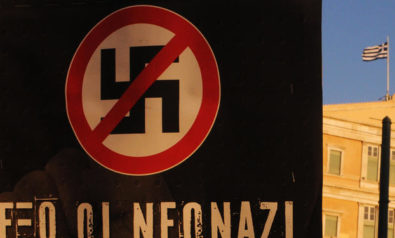
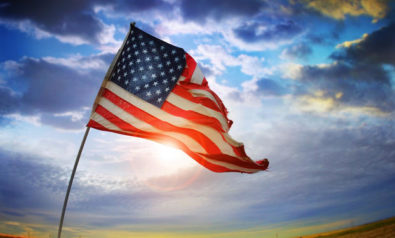
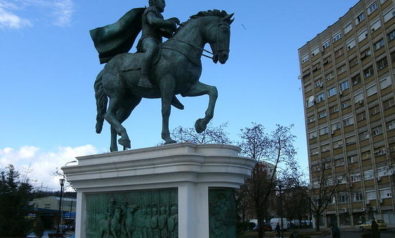
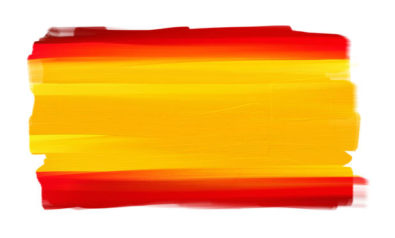
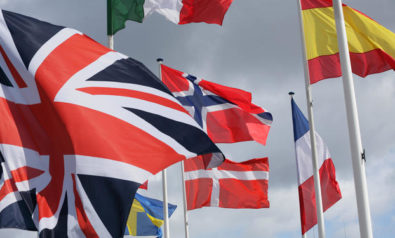
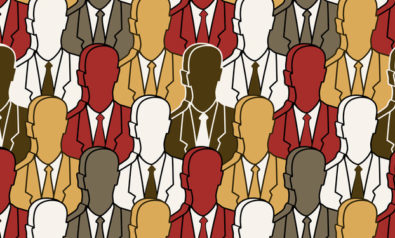
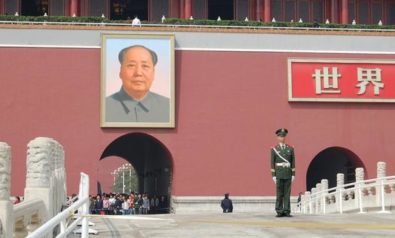
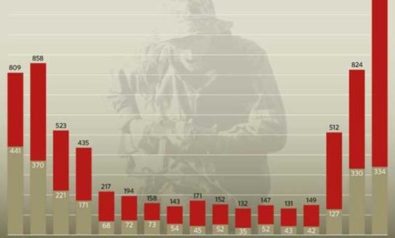
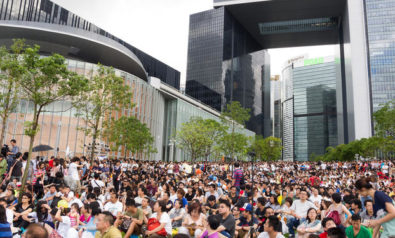
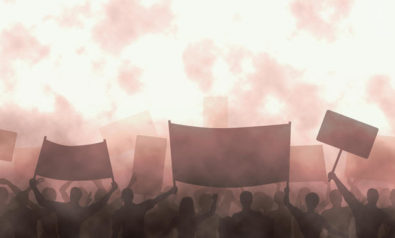
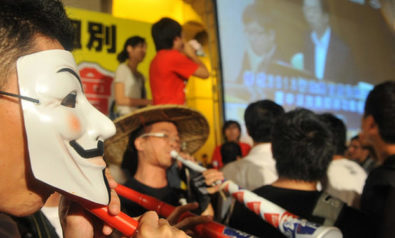
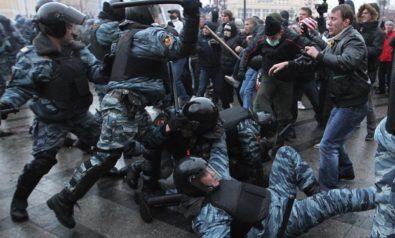

Comment